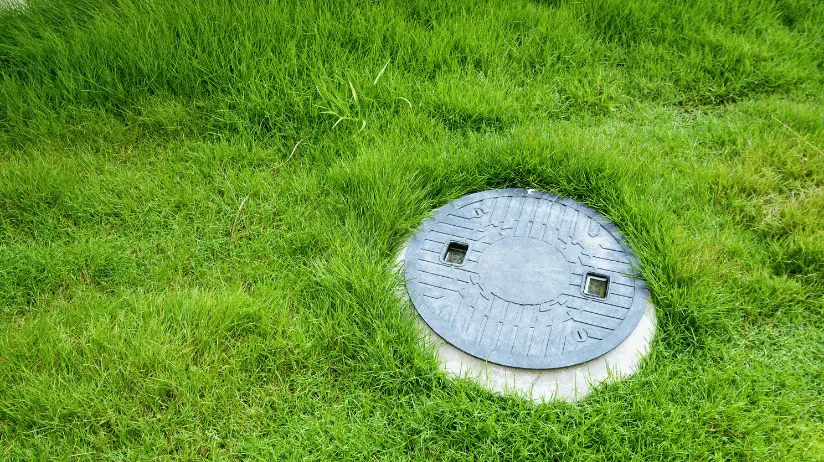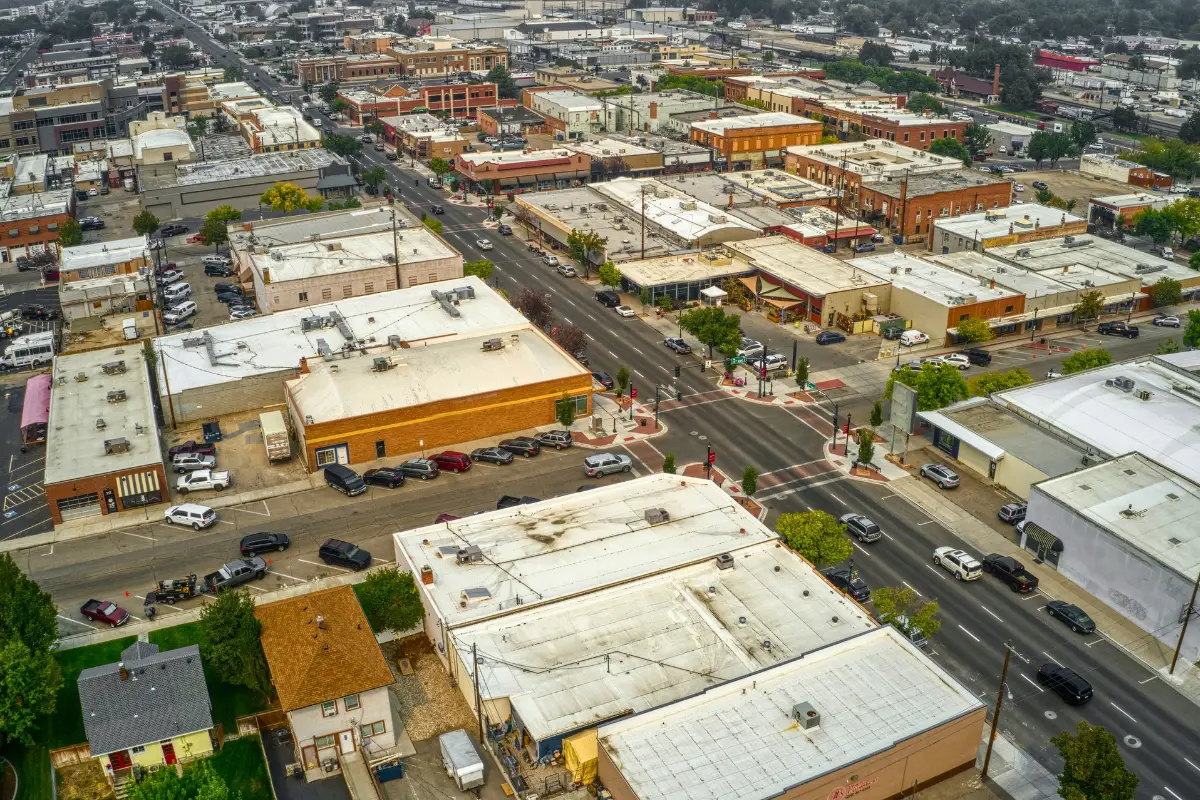Septic systems are an integral component of wastewater management where centralized sewer systems may not be practical or available. Beyond managing household waste, they provide numerous environmental benefits that contribute to the preservation and sustainability of local ecosystems in Treasure Valley. Discover the top environmental benefits of a septic system.
1. Recharge & Conserve Groundwater
One of the environmentally friendly benefits of septic systems is their ability to promote groundwater recharge. In areas like Treasure Valley, where aquifers provide vital water resources for residential, agricultural, and industrial use, maintaining groundwater levels is essential.
Unlike centralized sewer systems, which transport wastewater to distant treatment facilities, septic systems treat wastewater on-site. Once treated, the water is released into the drain field and filters through soil layers, replenishing groundwater reserves. This natural filtration process conserves water and ensures that local aquifers remain viable sources of clean water.
2. Reduce Energy Usage
Septic systems operate independently. So they don’t need an extensive network of pipelines or energy-intensive pumps to transport wastewater to a centralized location. In places like Treasure Valley, which spans urban and rural areas, the infrastructure required for centralized wastewater treatment can be costly and environmentally taxing.
Septic systems eliminate the need for large-scale transportation and treatment facilities, reducing energy consumption and the carbon footprint associated with wastewater treatment systems. This localized approach is particularly beneficial in regions that prioritize preserving natural landscapes and minimizing urban sprawl.
3. Protect Local Ecosystems
The soil in a septic system’s leach field is a natural filter, removing harmful bacteria, viruses, and nutrients from the treated wastewater. This is crucial in preserving the environmental health of Boise’s rivers, streams, and wetlands. High levels of nutrients in water bodies can lead to algal blooms, which deplete oxygen levels and harm aquatic life. By filtering out these contaminants before they reach surface water, septic systems help maintain the balance of local ecosystems and protect biodiversity.
4. Mitigate Urban Runoff
In suburban and rural areas like Treasure Valley, urban runoff can pose a significant environmental challenge, transporting pollutants like oil, chemicals, and sediment into water sources. Septic systems help mitigate this issue by keeping wastewater contained and treated on-site.
Centralized sewer systems can overflow during heavy rains and release untreated waste into waterways. However, septic systems reduce the risk of water contamination caused by overburdened infrastructure because wastewater is managed by individual septic tanks. This containment ensures that the surrounding environment remains pristine and reduces the strain on nearby natural resources.
5. Encourage Sustainable Land Use
Septic systems are often a driving force in maintaining low-density development because they are better suited for properties with ample space. In communities where preserving open land and agricultural areas is a community priority, like Kuna, septic systems help limit overdevelopment. By supporting low-density residential areas, these systems help maintain the rural charm and natural beauty of the region. And they prevent the environmental degradation often associated with urban sprawl.
6. Reduce Chemical Use
Centralized wastewater treatment plants often rely on harsh chemicals to treat water before it is released back into the environment. While effective, these chemicals can have unintended consequences for aquatic life and water quality. Septic systems, on the other hand, rely on natural biological processes to break down waste. This chemical-free approach minimizes the environmental impact of wastewater treatment and supports healthier ecosystems.
7. Improved Soil Health
The drain field of a septic system plays a dual role: it treats wastewater and enhances soil health. As treated water seeps into the ground, it introduces organic matter and nutrients that can improve soil fertility. This benefit is especially valuable in agricultural regions of Treasure Valley, where nutrient-rich soil supports local farming operations. Properly maintained septic systems ensure that these nutrients are released in a controlled manner, avoiding nutrient overload that can harm crops and waterways.
8. Support Resilience in Water-Scarce Regions
Treasure Valley, like many areas in the western United States, faces ongoing challenges related to water scarcity. Septic systems contribute to water conservation by recycling wastewater back into the ground rather than transporting it away for treatment and disposal. This localized approach ensures that valuable water resources remain within the community. Ultimately, septic tanks support resilience against drought conditions, helping to secure a sustainable water future.
9. Eco-Friendly Alternative to Aging Infrastructure
In many communities, aging sewer systems are a growing concern due to leaks, overflows, and inefficiencies that can harm the environment. Septic systems offer an eco-friendly alternative that bypasses these challenges. When properly installed and maintained, septic systems have a long lifespan and require fewer repairs than extensive sewer networks. They are also a more cost-effective option than the city sewage system in the long run.
10. Increase Nitrate-Reducing Systems
Modern septic systems often include advanced technologies like ETPS (Enhanced Treatment for Phosphates and Nitrates) to further minimize environmental impact. These systems are particularly beneficial in Idaho, where agriculture plays a significant role in the local economy. By reducing nitrate levels in wastewater, these systems protect groundwater and surface water from contamination. They help ensure that farming operations can thrive without compromising environmental integrity.
The Role of Proper Maintenance
While septic systems offer numerous environmental benefits, their effectiveness depends on regular maintenance and responsible use. Homeowners can maximize these benefits by:
- Scheduling regular inspections
- Pumping the tank as needed
- Avoiding the disposal of harmful substances like grease, chemicals, and non-biodegradable items
Proper maintenance ensures the system functions efficiently, extending its lifespan and preventing costly repairs or environmental damage.
Pleasant View Construction: Supporting Sustainable Wastewater Solutions
For residents of Treasure Valley, choosing the right partner for septic system installation and maintenance is essential. Pleasant View Construction has over 15 years of experience providing reliable and environmentally responsible septic solutions. From selecting the ideal location for a drain field to installing state-of-the-art nitrate-reducing systems, our team is committed to helping homeowners and businesses minimize their environmental impact while enjoying efficient wastewater management.
If you’re considering a septic system for your property, contact Pleasant View Construction to learn how we can help you design and install a system that aligns with your values and meets your needs.



